Source: Quirk Books
Hardcover, 176 pages
I am an Amazon Affiliate
William Shakespeare’s The Empire Striketh Back by Ian Doescher is the second installment in this series and combines the longevity of Shakespeare’s plays with that of George Lucas’ iconic science fiction movie franchise, Star Wars. Like in the first of this series, Doescher uses the chorus to describe action, but he also uses characters to describe some of the action. Moreover, he provides the inner thoughts to characters who do not have them in the movies, such as Lando, and in that way, he provides greater depth to their characters. Even the animals and creatures, such as the Wampa on Hoth, have voices that are heard, though that can be a bit silly — though likely meant in fun. Yoda of the movies may sound Shakespearean, but here there is an added twist in that he speaks in modified Haiku.
“Hath not a Sith eyes?
Hath not a Sith such feelings, heart, and soul,
As any Jedi Knight did e’er possess?
If you prick us, do we not bleed? If you
Blast us, shall we not injur’d be?” (page 34)
Readers will find homage to the classic plays, including The Merchant of Venice, and many of the asides, monologues, and soliloquys provide much greater depth to the story and characters. While these books follow the movies, Doescher also uses his imagination to make the story reminiscent of Shakespeare’s tragedies and histories — with this book in the series reflecting the betrayal, love, and duals prevalent in the classic plays. William Shakespeare’s The Empire Striketh Back by Ian Doescher is refreshingly fun, and while it does offer some deeper characters than those in the movies, it is not meant to be taken too seriously.
Also Reviewed:
William Shakespeare’s Star Wars: Verily, A New Hope
)

Ian Doescher has loved Shakespeare since eighth grade and was born 45 days after Star Wars Episode IV was released. He has a B.A. in Music from Yale University, a Master of Divinity from Yale Divinity School, and a Ph.D. in Ethics from Union Theological Seminary. Ian lives in Portland, Oregon, with his spouse Jennifer and two sons. William Shakespeare’s Star Wars is his first book. Visit Ian online at www.iandoescher.com. [Photo by Shan Applegate]

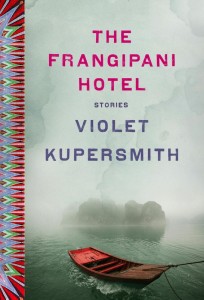

 About the Author:
About the Author:
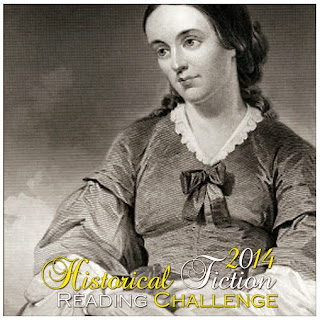
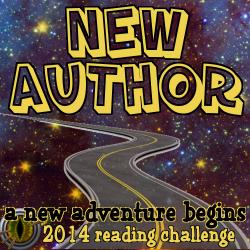

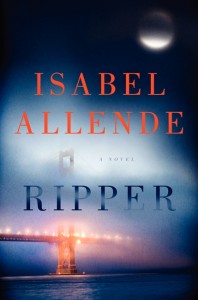
 About the Author:
About the Author: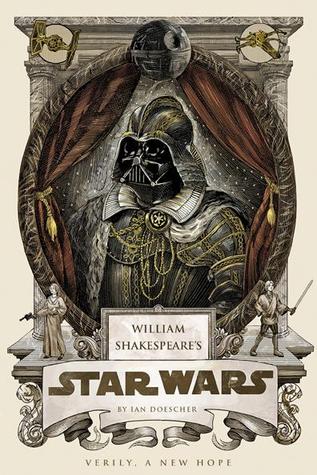
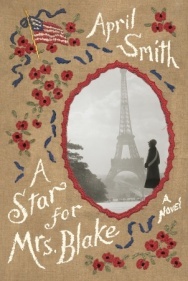


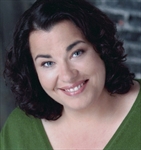 About the Author:
About the Author:
 About the Author:
About the Author:
 About the Author:
About the Author: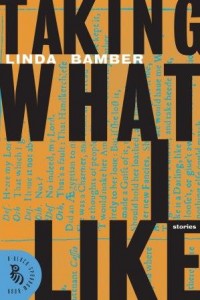
 About the Author:
About the Author: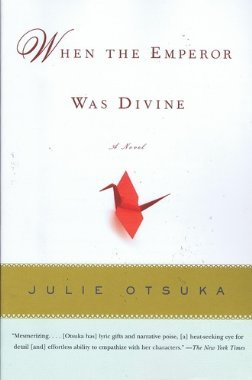
 About the Author:
About the Author:
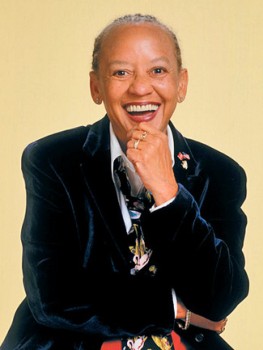 About the Author:
About the Author:



